


On the other hand, when parents maintain an active routine, their children are more likely to follow suit. According to research by São Paulo State University involving 182 children and adolescents aged 6 to 17, mothers’ influence in encouraging physical activity was more than twice that of fathers.

Results from research conducted in Brazil show that glycemic delta is associated with the size of the heart attack and the strength of heart contractions. Acute myocardial infarction is the leading cause of death in Brazil.
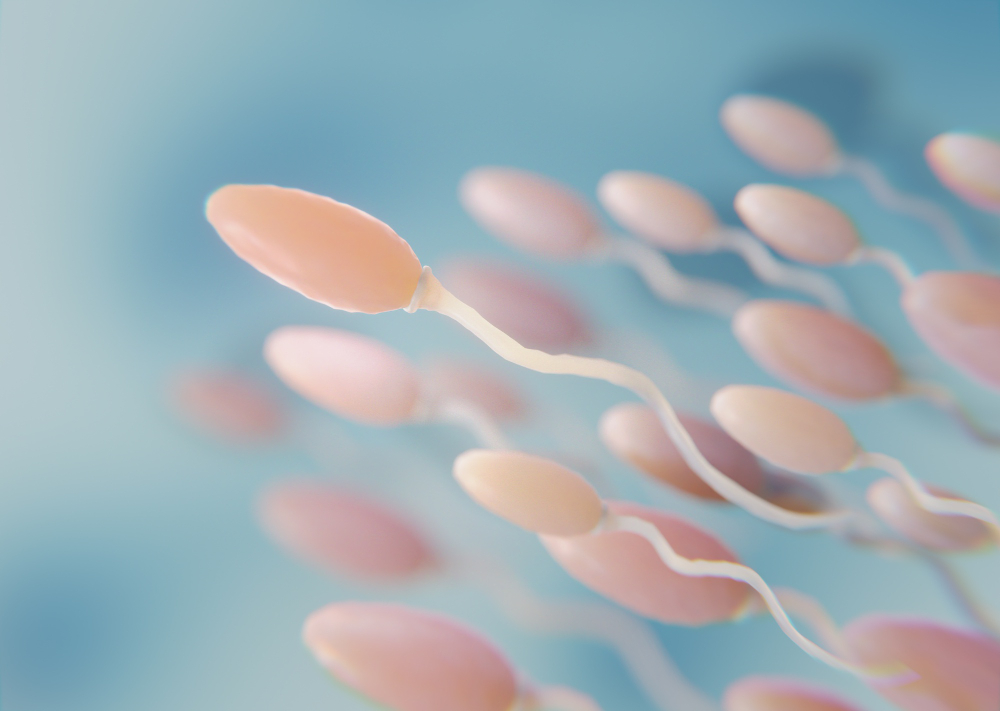
Research with rats has shown that a maternal diet lacking protein during these stages leads to changes in the structure and function of the epididymis, which would explain impairments in motility, viability, and sperm concentration in male offspring.
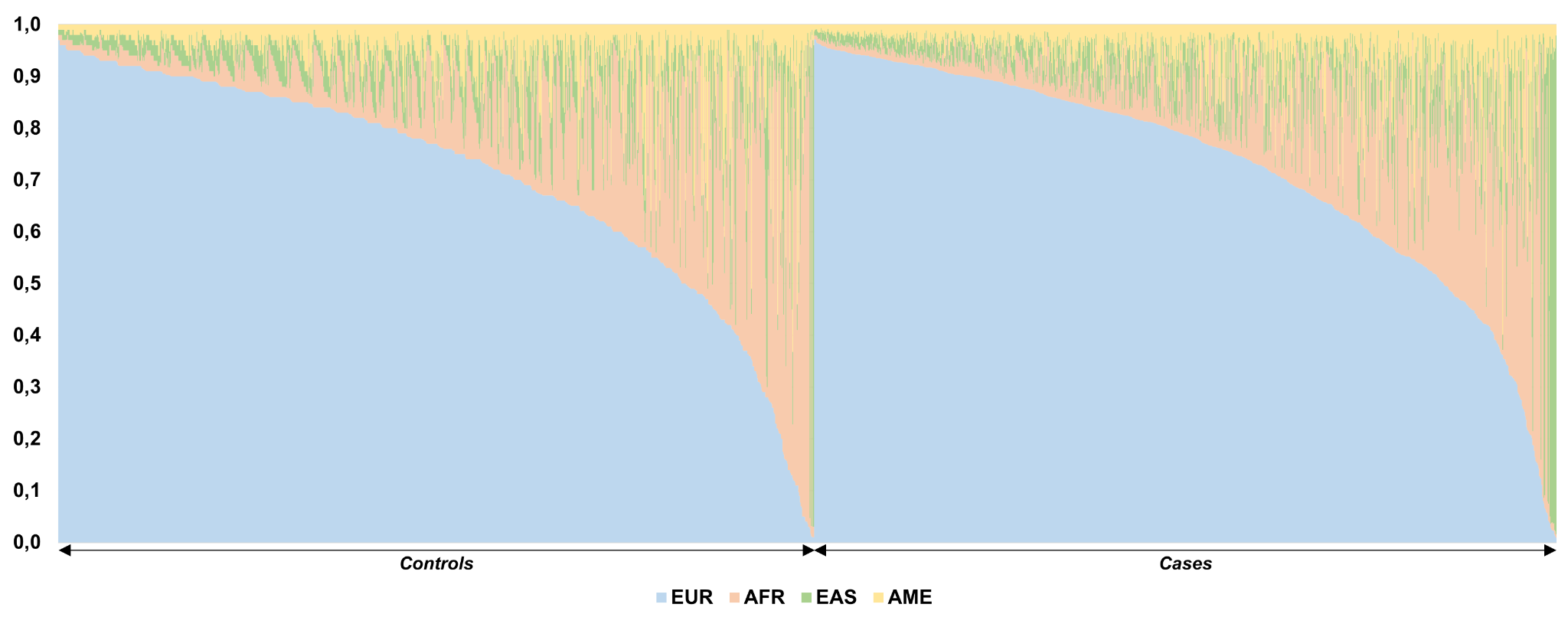
The disease is the third most common type of cancer in Brazil, excluding non-melanoma skin tumors. Between 5% and 10% of cases are hereditary.
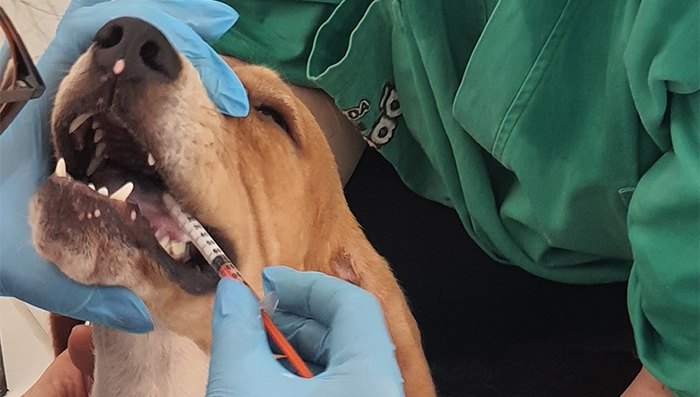
An unprecedented project in Brazil uses nanocrystals to advance veterinary medicine.
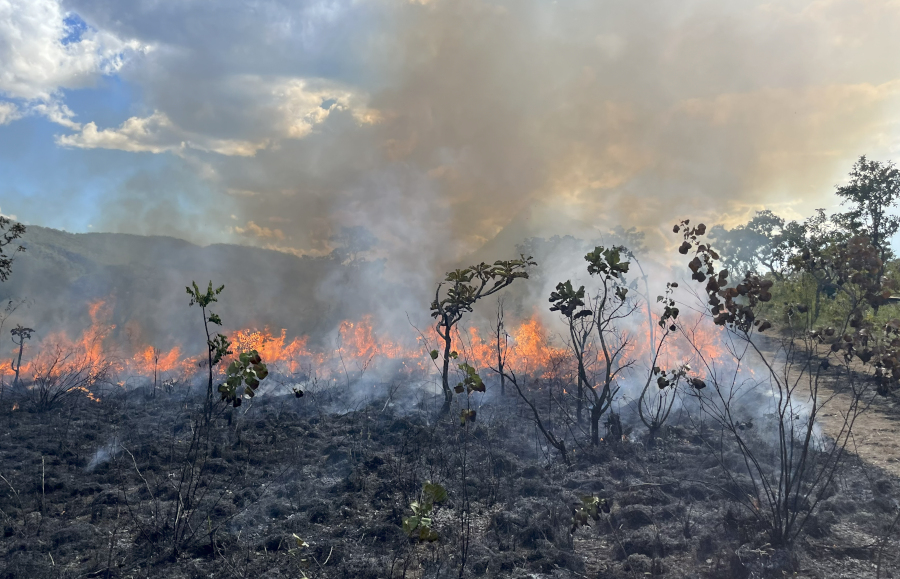
Unpublished work organized by researchers from São Paulo State University and the University of São Paulo discusses the influence of fires on the ecological dynamics of nine large South American biomes.
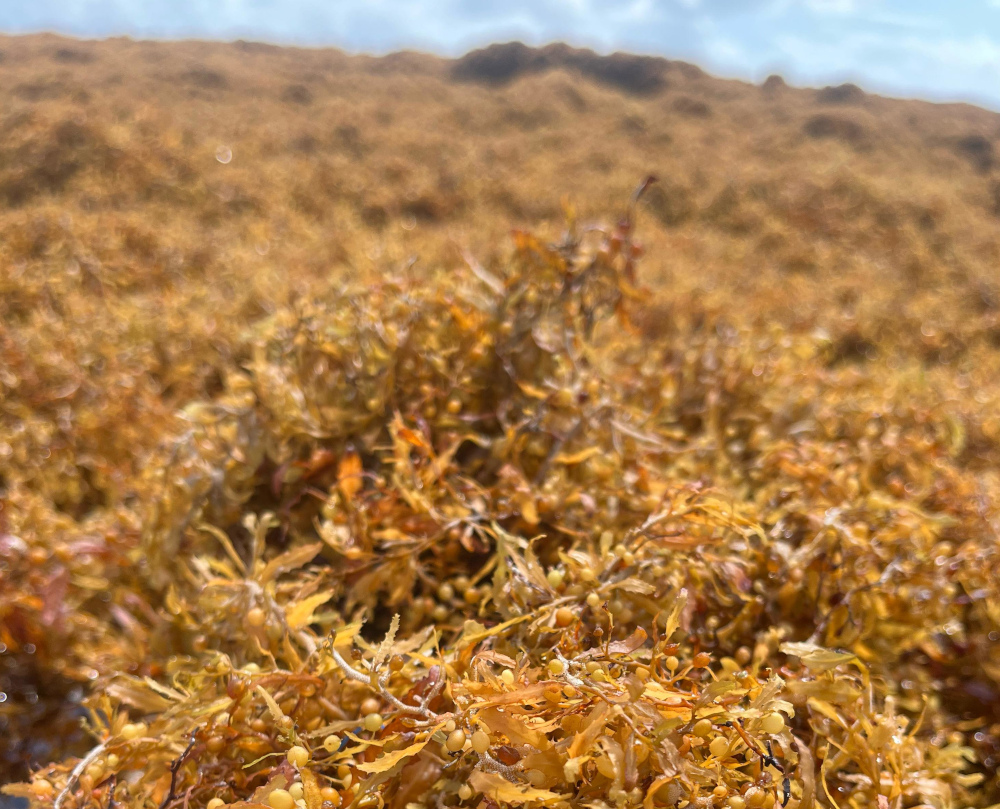
The accumulation of these algae on beaches can harm health, tourism, fishing, and biodiversity. They are usually collected and disposed of in landfills, but a study by Brazilian researchers has found a use for the biomass: to produce lightweight ceramic clay aggregates.
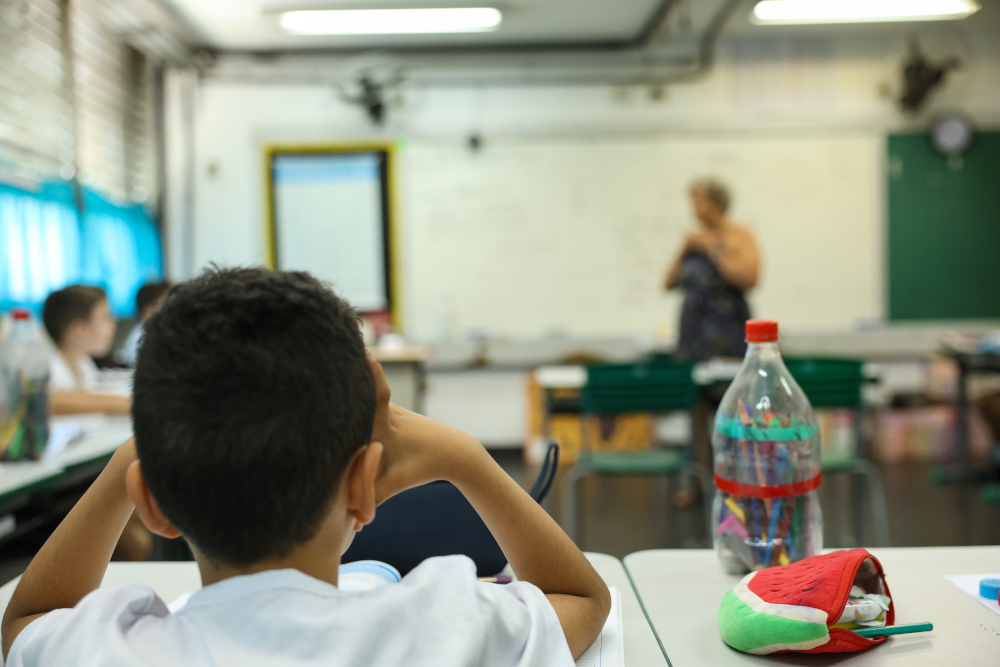
Research involving more than 2,000 Brazilians reveals that while everyone’s performance is consistently lower in the morning, the afternoon shift only improves the performance of students with few or no symptoms of attention deficit hyperactivity disorder.
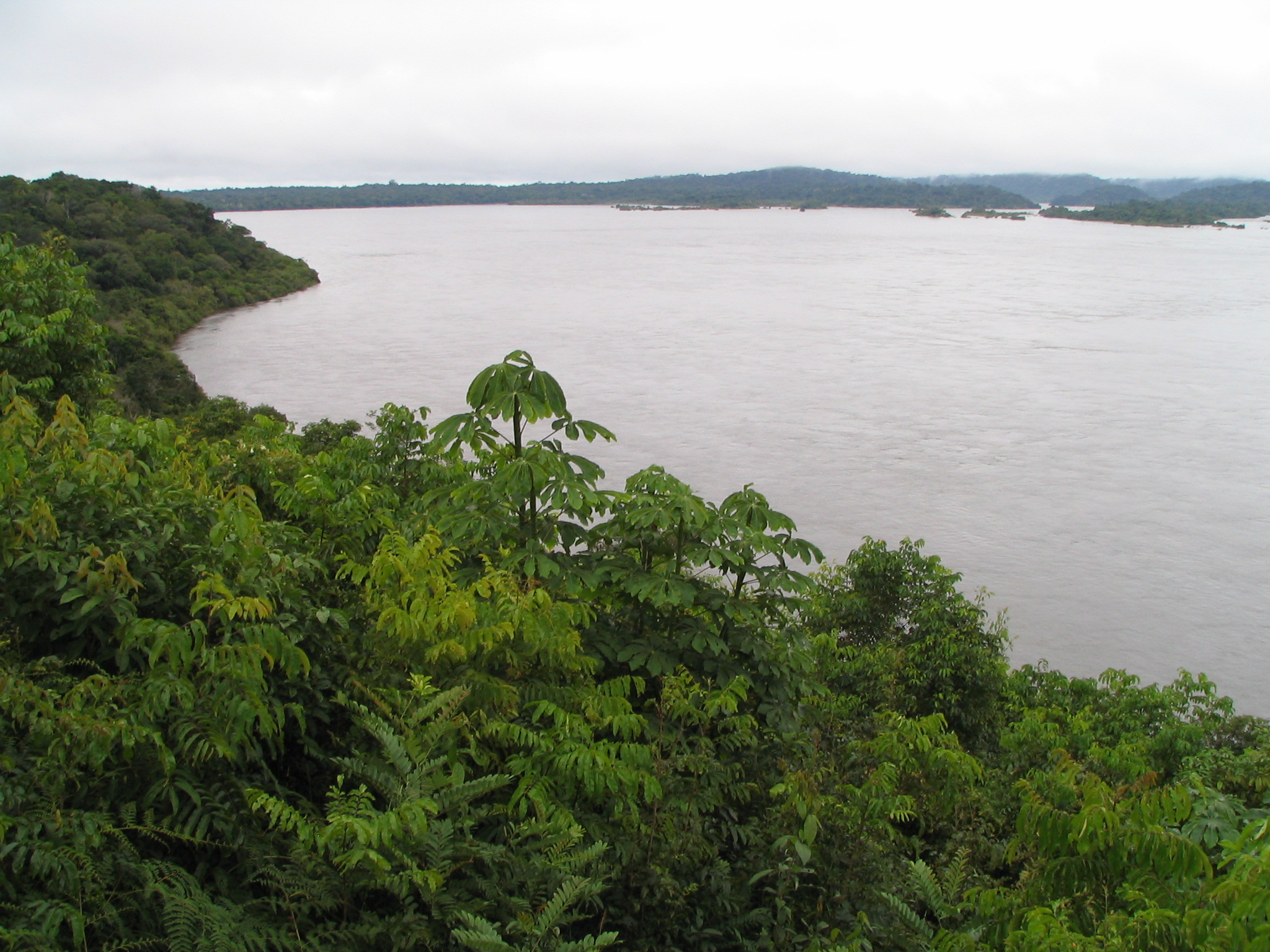
This neglected disease, also known as Peruvian wart and Oroya fever, is caused by bacteria of the genus Bartonella and is transmitted by sand flies. DNA found in insects from a protected area in Brazil is similar to that of pathogenic species found in Peru. While there is still no evidence that the new bacterium causes disease, scientists warn that monitoring should continue.

Early-stage clinical trial reveals that peptide has potential to become a new tool for improving metabolic health and sleep quality in overweight adults; study involved scientists from Brazil, Israel and the United States.
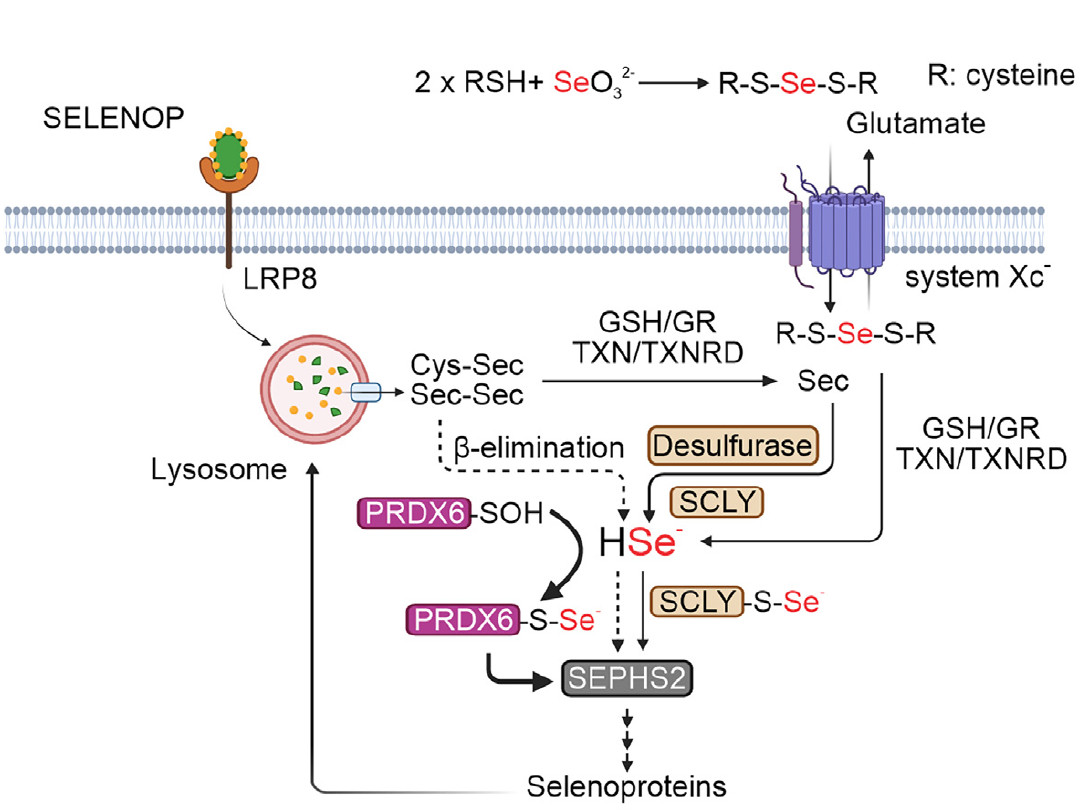
International team of researchers discovered that high levels of an enzyme called PRDX6 are associated with a subtype of neuroblastoma; animal studies showed that inhibiting the molecule caused a reduction in tumors.
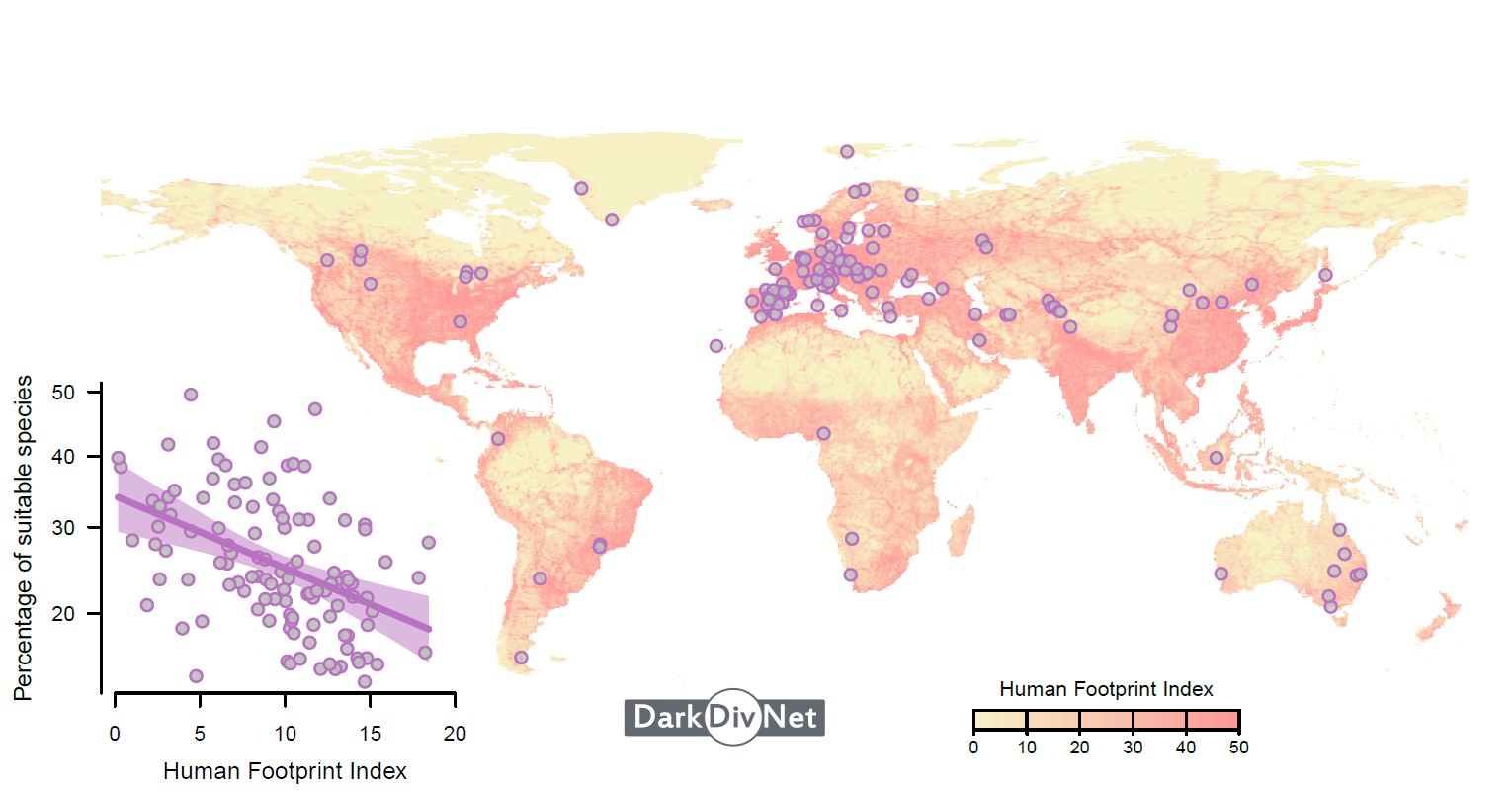
A survey of 119 regions around the world investigated “missing diversity,” or native species that could be present in a given area but were absent. The results were published in the journal Nature.
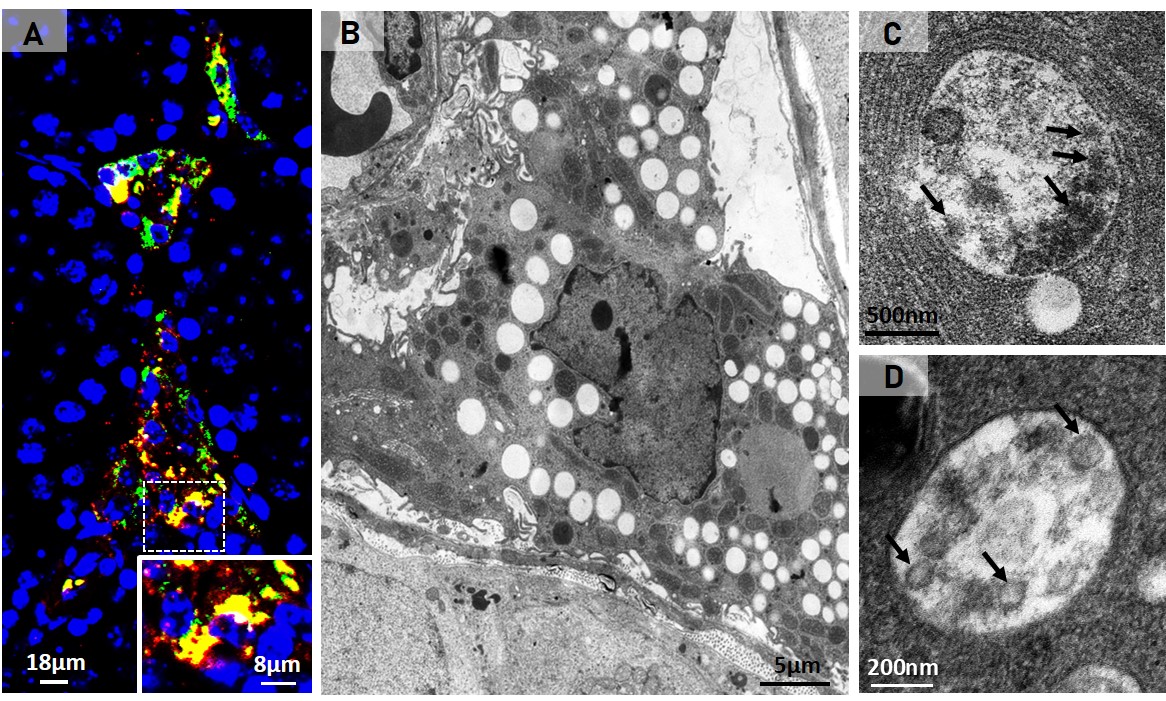
Research conducted on mice revealed that the COVID-19 virus uses cells responsible for testosterone production to replicate, thereby interfering with lipid metabolism. This helps explain the drop in testosterone and possibly cholesterol in patients with severe cases of the disease.
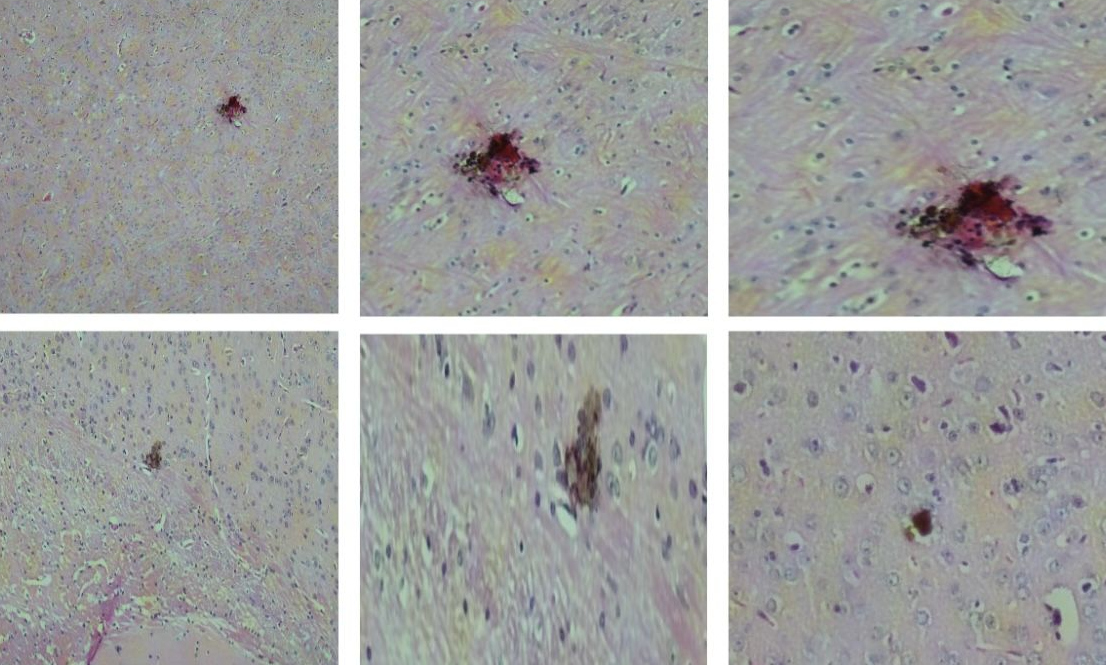
The vaccine is being developed by researchers at the University of São Paulo and is based on technology known as “virus-like particles” (VLPs), which does not use genetic material from the pathogen.
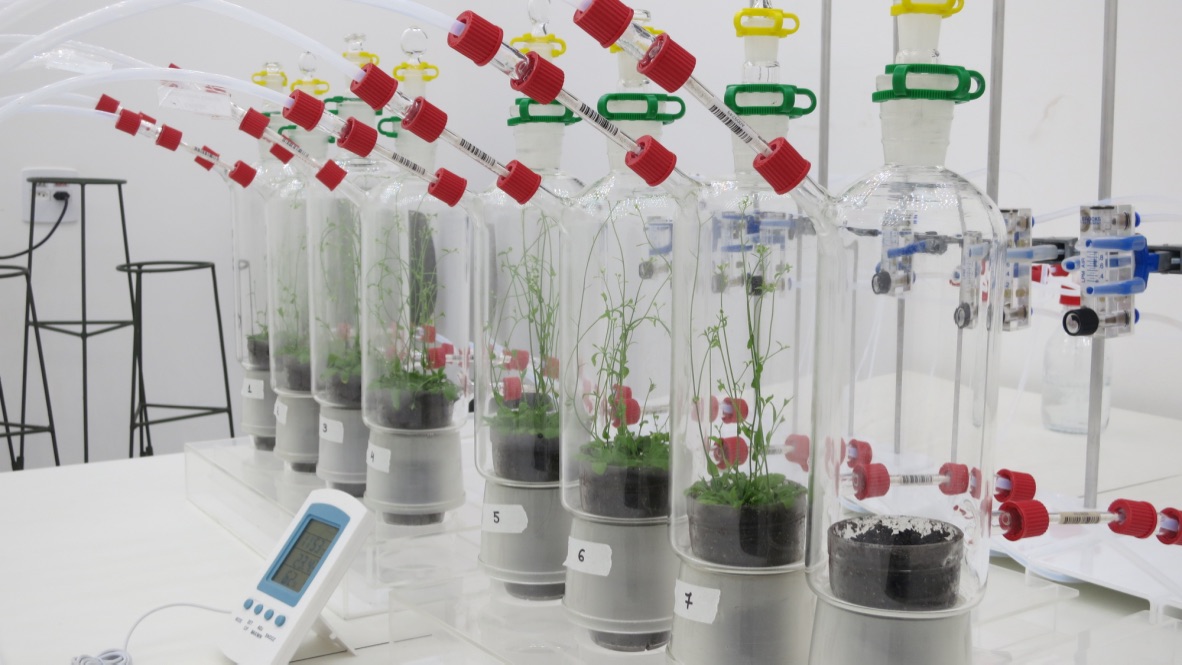
The compound is 100 times more effective than β-caryophyllene against the disease impacting orange groves in Florida and threatening citrus growers in the state of São Paulo, Brazil, the world’s largest orange producer.
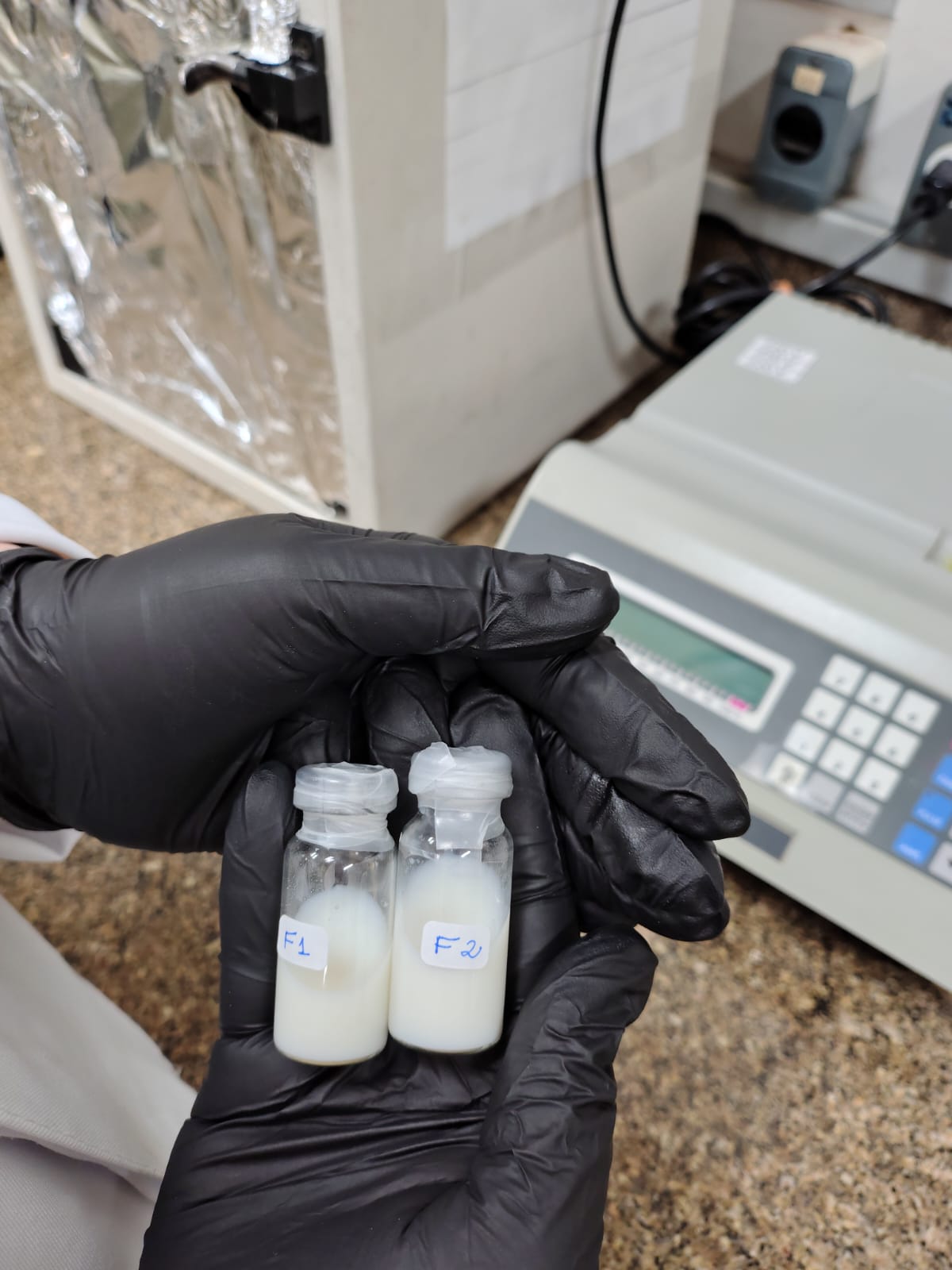
Solution created by Brazilian startup can treat pain and inflammation in pets.
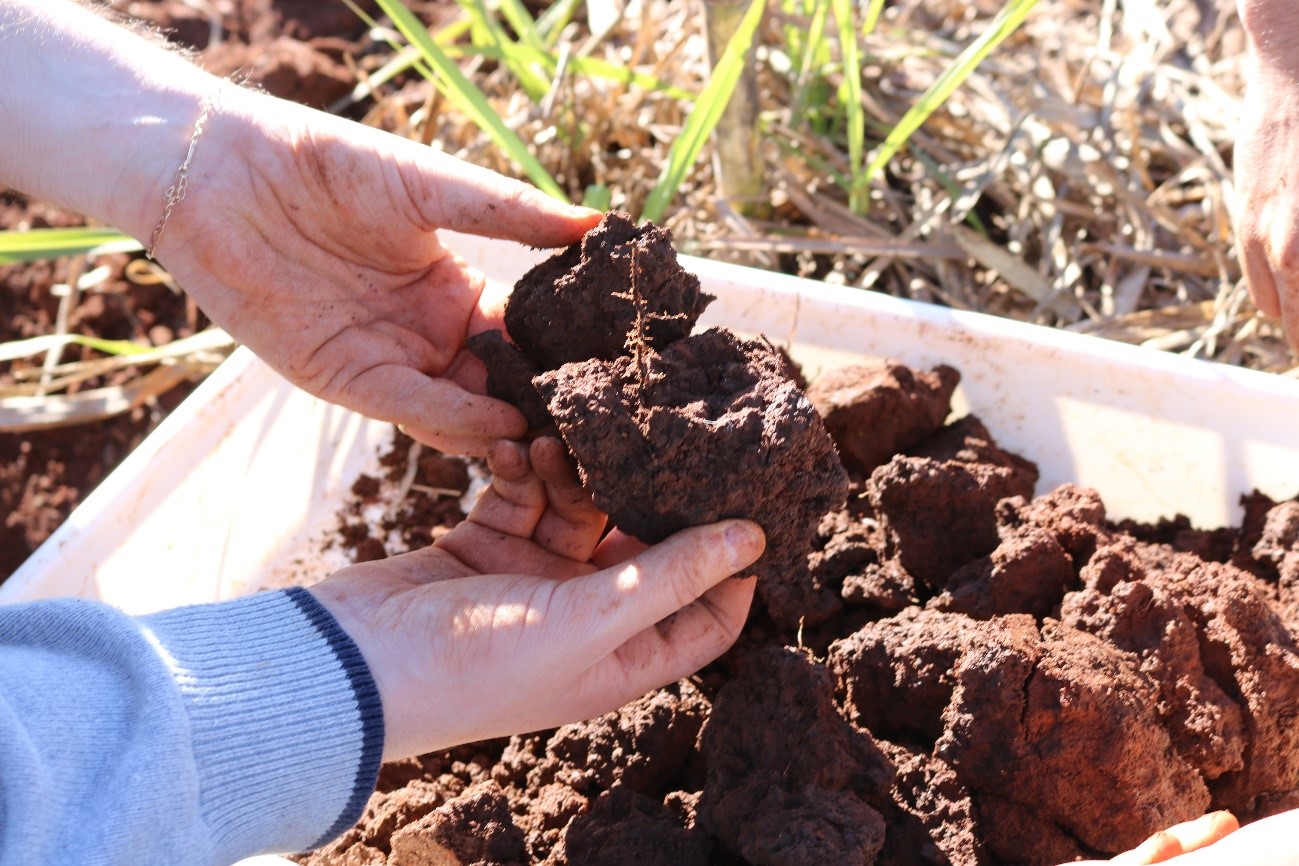
Countries such as Colombia and Venezuela lead the way in terms of the extent of healthy soils, while regions such as the Brazilian Northeast, northern Mexico and parts of Chile and Argentina face the greatest challenges. The data can guide public policies for conservation.
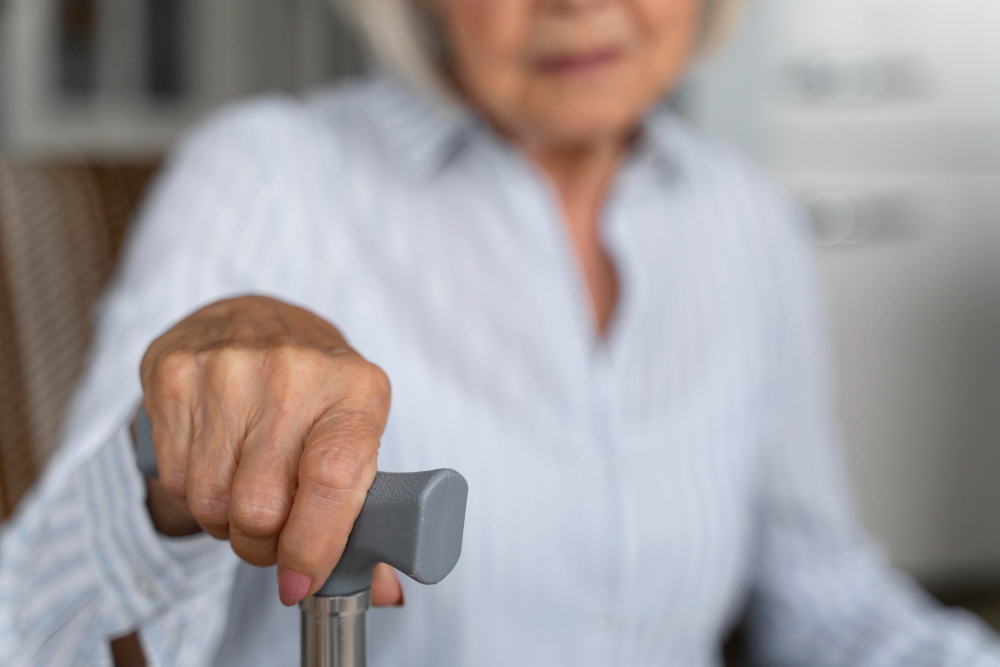
This is the conclusion of a study that evaluated data from 4,500 people who were followed for 14 years. The results are helpful in clinical practice and for screening patients at risk, eliminating the need for complicated tests.
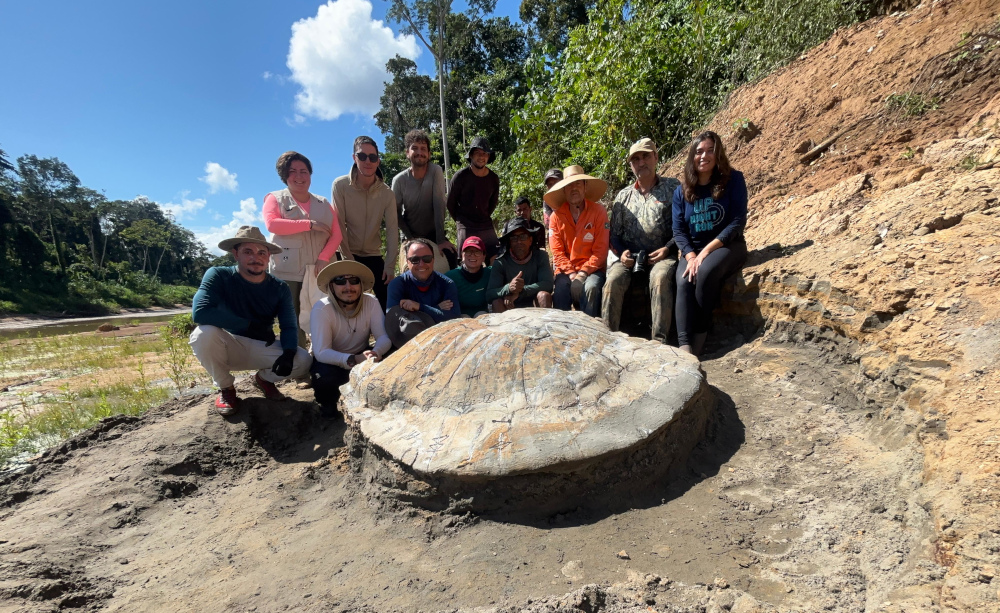
On its first expedition, a project funded by the Amazon+10 Initiative reveals clues about the Amazon millions of years ago.
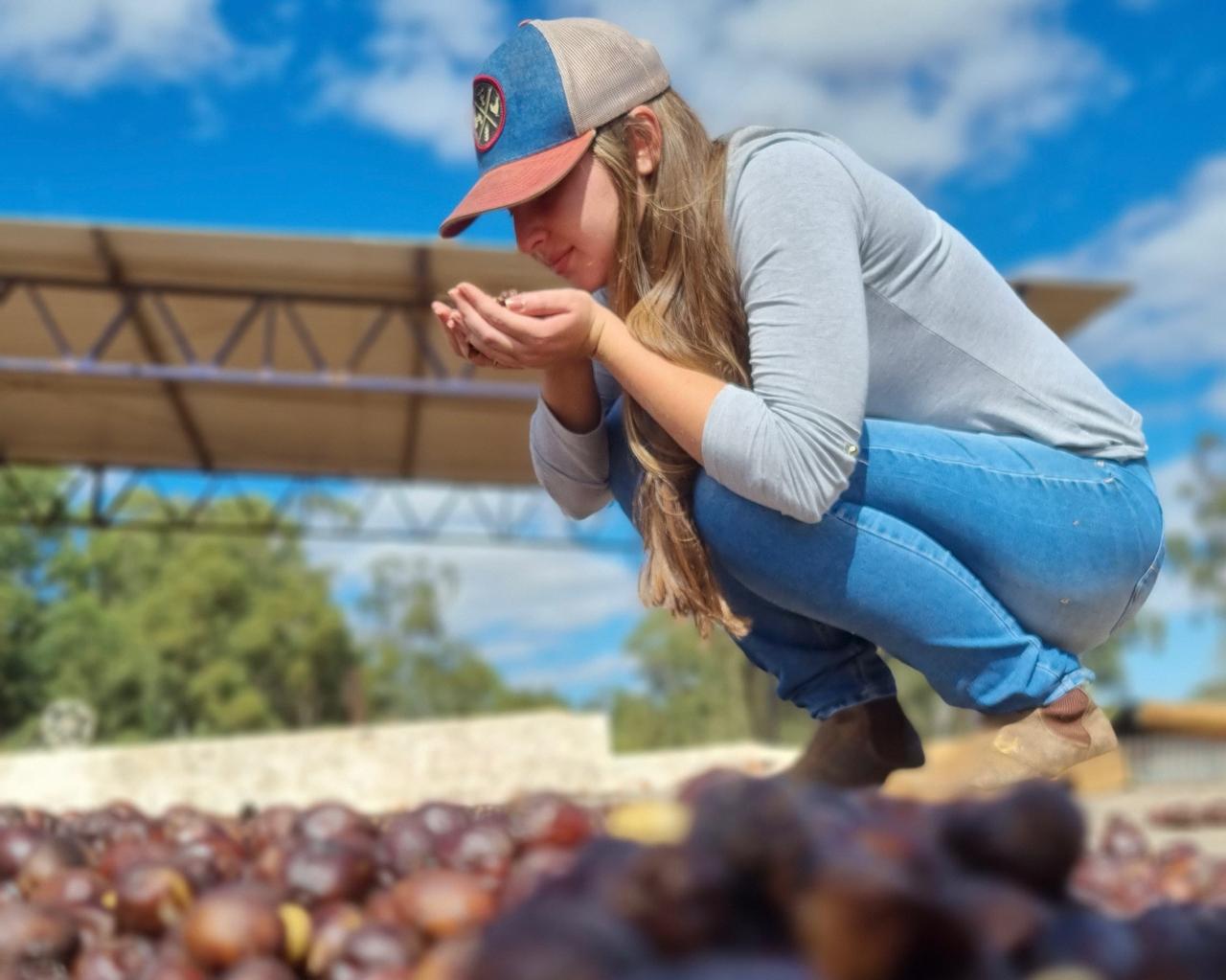
Normally discarded due to their astringent taste, green beans from the Arara cultivar were subjected to airless fermentation and produced high-quality beverages in blind tests. Brazilian researchers see potential for the product to be valued in domestic and foreign markets.
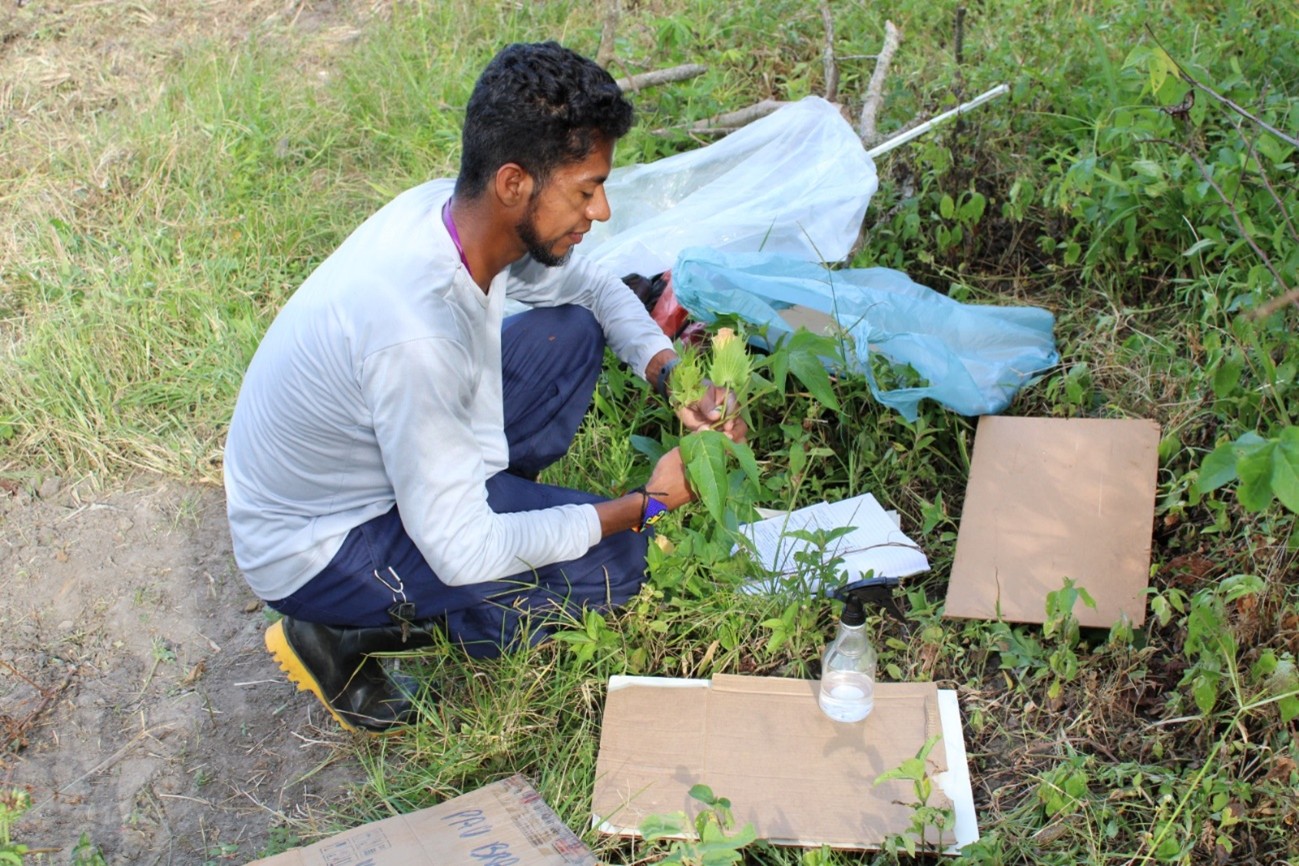
The study accessed ancestral knowledge and cataloged 175 medicinal plants used to treat diseases such as parasitic worms, diabetes, and hypertension. Community participation was central to all stages of the study.
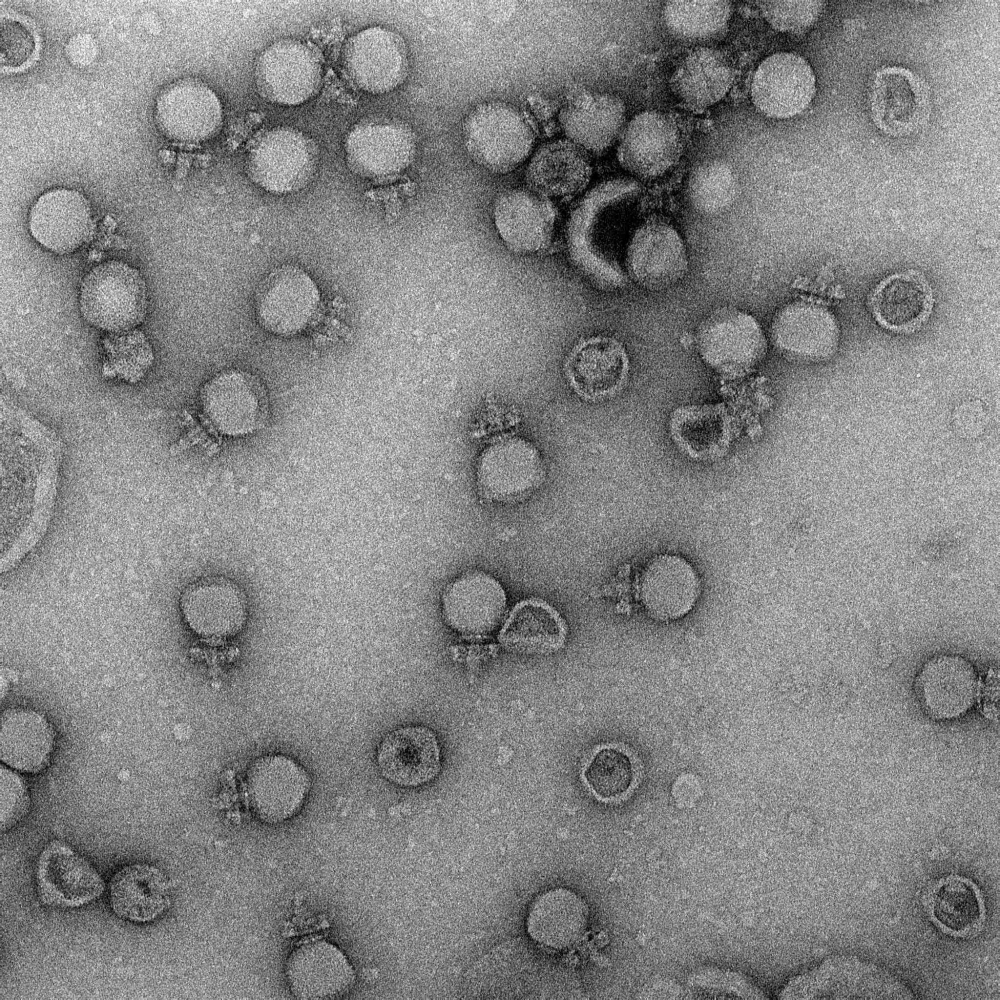
The startup uses bacteriophages to prevent mastitis in dairy cows and reduce the use of conventional drugs.
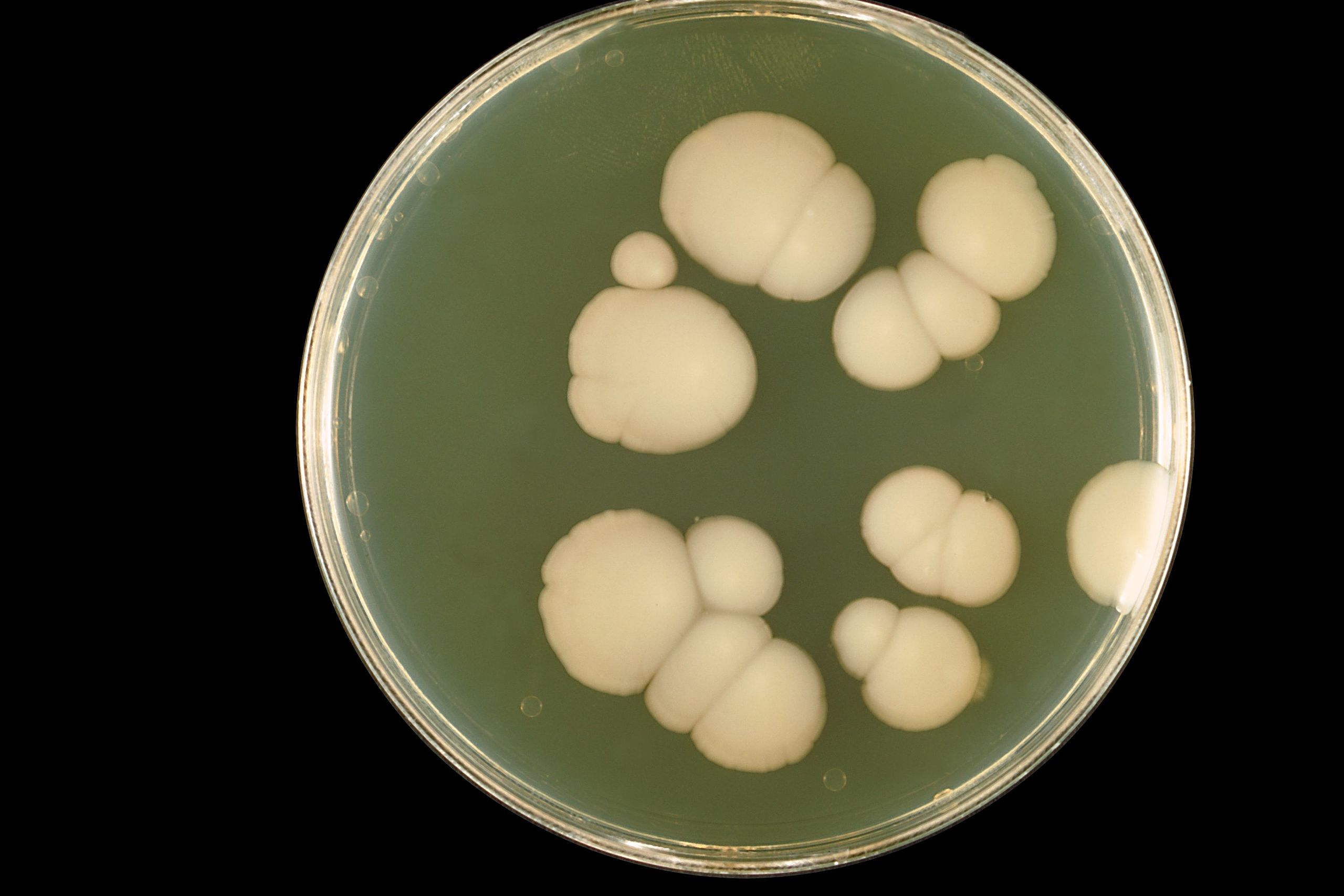
Researchers at a FAPESP-supported research center have managed to reduce Candida albicans’ resistance to fungicides by incorporating photodynamic inactivation techniques into the treatment. The results of the study indicate that the technology can be used in both human healthcare and the prevention of food contamination.
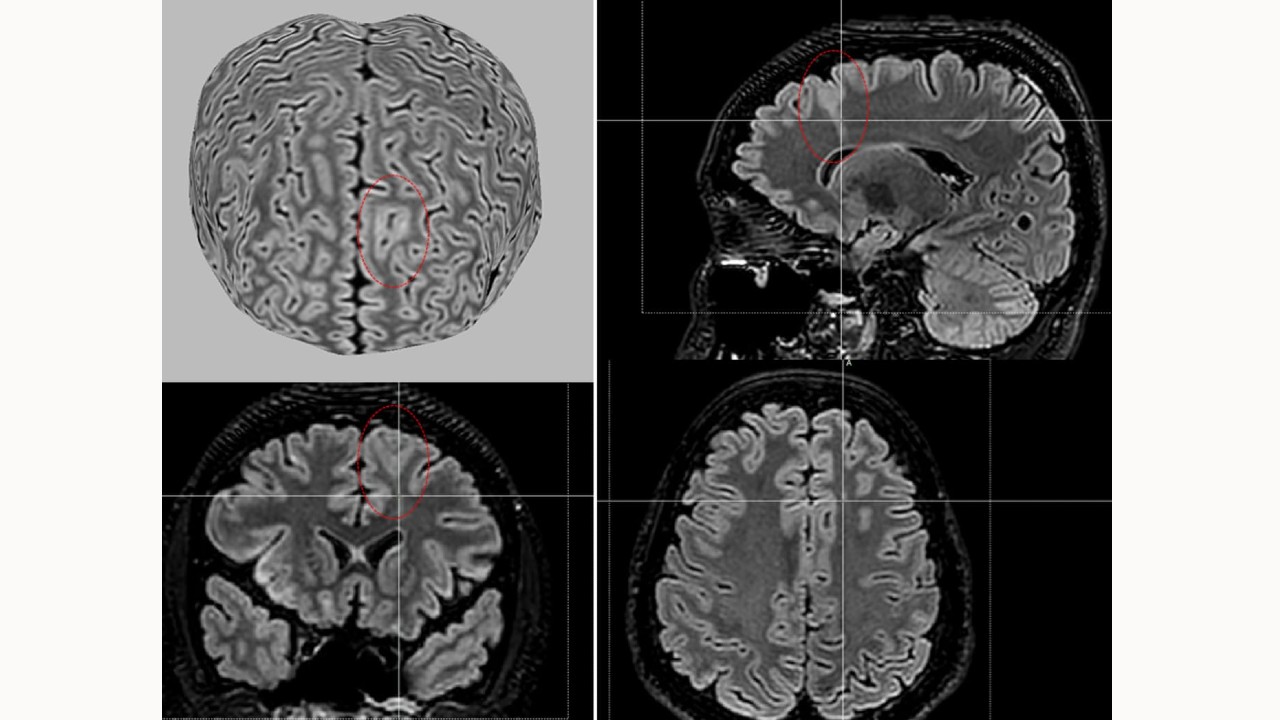
Publicly available algorithm facilitates lesion identification and surgical planning for patients with focal cortical dysplasia, a malformation associated with a drug-refractory form of the disease.

In a study of 141 patients, researchers at the Federal University of São Paulo and collaborators evaluated different models to predict which patients would benefit from risperidone treatment.